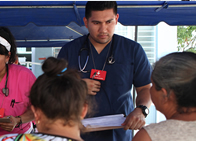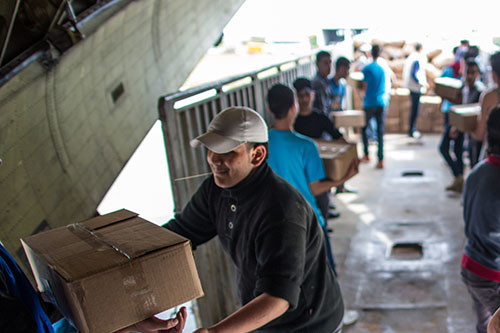Certificate in Humanitarian Coordination
Course Overview
The increasing number and complexity of disasters has made specialization and coordination both important and challenging. Many organizations provide human aid, whether in immediate response to a disaster or after some time. United Nations bodies, local and international non-governmental organizations and host governments, donors military and commercial service providers are all involved in one form or another. Every organization specializes in offering a service to the persons of concern. The firms are largely independent having their own funding systems. When specialized and independent, they can face a series of problems related to coordination.This course comes to aid in such problems to prove the need for coordination in terms of both preparedness and response, such as contingency planning, needs assessment, appeals, transport management and last-mile distribution.
Course Content
- Introduction to coordination
- Obstacles and incentives to coordination
- Liaising with military and political actors
- The successes, failures threats and challenges to coordination.
- Advantages and disadvantages of coordination models
- How coordination gets done
Exercises:
After they have read the material for each unit, students are expected to test their own learning by completing some relevant exercises and tasks.
Assignments:
In order to demonstrate their understanding of the course content, students will be required to submit three assignments.
Training format:
All materials are made available through our online learning platform
Course duration: 3 months
Course fee: €500
Regions targeted: Global
Language: English and French




